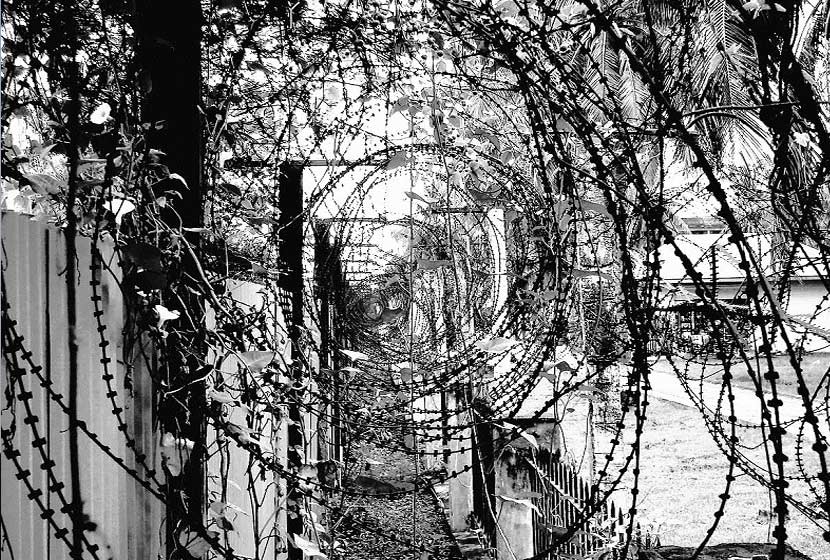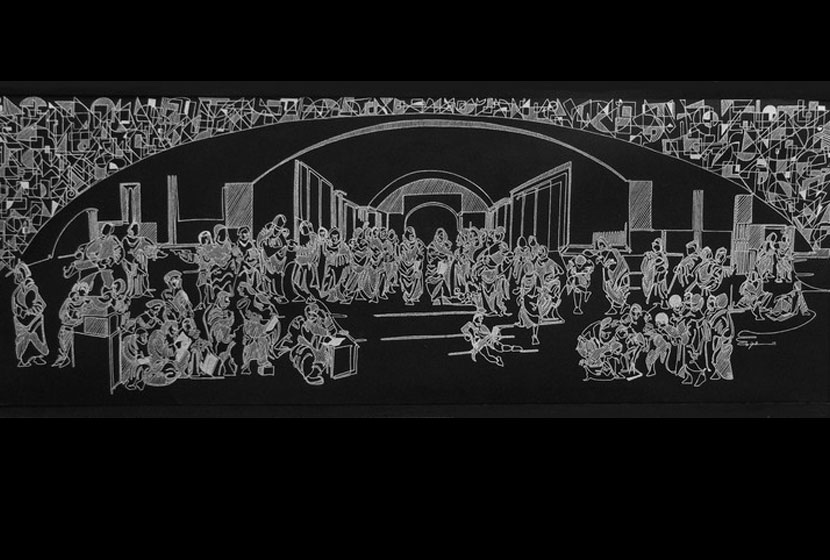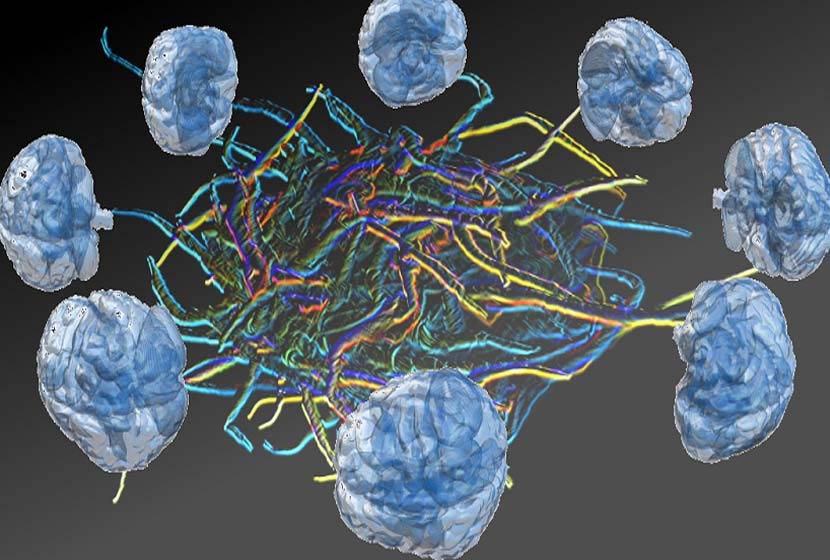Contemporary complex societies have a special character: their single decision-making centre, the State, has gradually found itself in competition within a multidimensional and polycentric space.
Less well known than liberal theorists, such as Hayek or Popper, Michael Polanyi is the one that has most inspired research on polycentrism. Polanyi observes that polycentrism exists at several levels of reality, be it biological, physical or intellectual. The posture reflex system, which allows the human body to balance, sit or walk, solves polycentric tasks.
 The human wisdom that Kant defined as "the ability to harmonize all the purposes of life" is also polycentric. As is any artistic work whose purpose is to build a polycentric harmony that is unique to it. Drawing his idea from the spontaneous orders observed in nature, Polanyi transposes an original theory of complex organizations into the social realm. Polycentrism then designates societies in which different functional areas coexist autonomously. Politics, law, economics, art, religion, ... are all domains that have an autonomous logic and jealously preserve their integrity. (1).
The human wisdom that Kant defined as "the ability to harmonize all the purposes of life" is also polycentric. As is any artistic work whose purpose is to build a polycentric harmony that is unique to it. Drawing his idea from the spontaneous orders observed in nature, Polanyi transposes an original theory of complex organizations into the social realm. Polycentrism then designates societies in which different functional areas coexist autonomously. Politics, law, economics, art, religion, ... are all domains that have an autonomous logic and jealously preserve their integrity. (1).
In today's liberal society, the economic sphere, for example, is disproportionately large and views any intrusion of politics into its domain with great disfavour. When it accepts it, it is forced and coerced, pushed to its limits, seeing it as the only means of survival. In the same way that politics - at least in Europe - does not tolerate any religious intrusion into its own.
The spheres may relate to each other, but in no case can one sphere theoretically consider itself to be preponderant over the other. There is no hierarchy in the world of spheres, but an architecture that is more like that of networks. The complexity of societies does not come from the number of spheres involved or the size of some of them, but from this polycentric organization.
Until two or three decades ago, society had a major, if not exclusive, decision-making centre - the political power of the state - and peripheral functional spheres. The complexity of our contemporary societies stems exactly from the diversification of decision-making centres corresponding, on the one hand, to a functional differentiation of social systems and, on the other hand, to the globalisation of decision-making bodies. No hierarchical organisation can therefore control this multiplicity of decision-making centres. (2). The idea that a single central authority can access a synoptic knowledge of the entire social reality is an illusion. However, it is an illusion on which many ideologies based on social constructivism are based. (3) (holism, socialism, collectivism).
(1) See: Michael POLANYI, Logic of freedom, PUF, 1989
(2) Cf. Daniel INNERARITY, op.cit.
(3) On this notion, which has become a "ready-to-think" in contemporary social sciences, see the seminal work by Peter BERGER and Thomas LUCKMANN, The social construction of reality, Armand Colin, 1996












